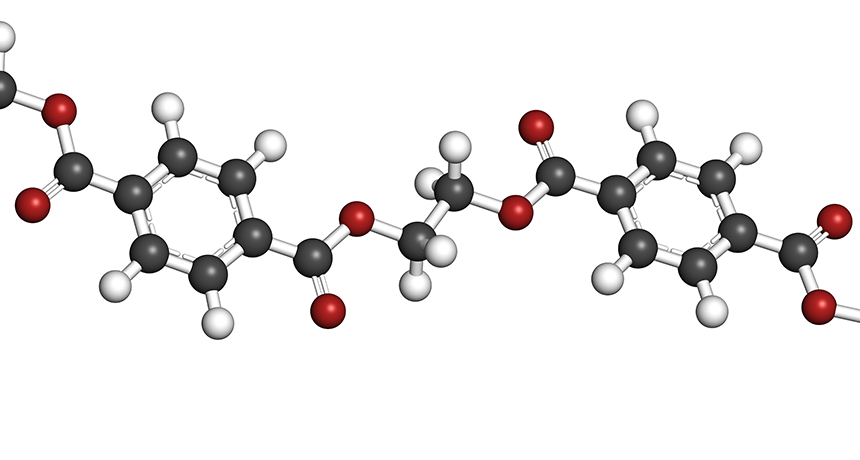Using the Power of Polymers: Comprehending the Extensive Uses and Positive Influences
Polymers, with their diverse chemical frameworks and residential properties, have actually ended up being indispensable in countless industries, transforming the method we interact with materials on an everyday basis. As we explore the extensive uses of polymers and their duty in forming an extra sustainable, efficient, and innovative future, it comes to be apparent that their possibility is as large as the particles themselves.
Versatility in Everyday Products
One of the most common usages of polymers is in product packaging materials. Additionally, polymers play a critical duty in the automobile industry, where they are used in producing lightweight elements that boost gas efficiency.
Furthermore, polymers have discovered their method into the medical care market, with applications ranging from clinical gadgets to drug shipment systems. For example, naturally degradable polymers are used in stitches and implants, lowering the threat of negative reactions in people (Polymers). In the building market, polymers are integrated right into paints, adhesives, and insulation products, boosting longevity and power efficiency. On the whole, the versatility of polymers in everyday products emphasizes their relevance in driving advancement and boosting lifestyle.
Sustainability in Material Innovations
With the ongoing emphasis on ecological awareness and resource effectiveness, the emphasis changes in the direction of sustainability in product technologies, reflecting a growing commitment to liable production practices across different markets. In recent times, there has been a remarkable rise in the development of sustainable products, specifically within the world of polymers. These cutting-edge materials are created to minimize environmental impact throughout their entire lifecycle-- from sourcing raw materials to disposal or recycling.
One significant element of sustainability in material advancements is the idea of biodegradability. Naturally degradable polymers have actually garnered focus for their ability to break down naturally into safe results, reducing waste and pollution. Additionally, the use of recycled polymers stemmed from post-consumer or post-industrial resources is getting traction as a way of promoting a round economic situation and decreasing dependency on virgin materials.

Enhancing Performance in Engineering
Enhancing efficiency in engineering requires a careful integration of sophisticated innovations and exact approaches to optimize capability and performance in numerous industrial applications. Polymers play a crucial role in this venture, using a vast array of benefits that improve the performance of design products and components.
One key element of boosting efficiency in engineering is the capability of polymers to enhance longevity and toughness. By integrating polymers into design styles, producers can develop light-weight yet durable structures that can withstand high degrees of stress and stress. This characteristic is especially beneficial pop over here in industries such as aerospace, auto, and building and construction, where the need for strong yet light-weight products is paramount.
Moreover, polymers can likewise improve efficiency by providing thermal and chemical resistance, reducing rubbing, and improving electric conductivity. These residential properties make polymers suitable for a vast array of design applications, consisting of seals, bearings, layers, and electronic components. Polymers. By utilizing the distinct homes of polymers, designers can optimize the efficiency of their layouts and develop a lot more efficient and reputable products
Influence on Clinical Innovations
Polymers have actually played a crucial role in modern clinical innovations, varying from medicine distribution systems to tissue engineering. One of the vital areas where polymers have made a considerable influence is in the advancement of eco-friendly sutures and implants.
Furthermore, polymer-based materials are increasingly being used in medical tools such as catheters, stents, and prosthetics because of their biocompatibility and convenience. Polymer finishes on clinical tools can avoid infections and boost overall individual end results - Polymers. Furthermore, improvements in nanomedicine have enabled the usage of polymer nanoparticles for targeted drug distribution, boosting the effectiveness and reducing side results of different drugs
Duty in Environmental Conservation

In addition, polymers are used in water therapy processes, assisting in the filtration and recycling of water sources. This aids in reducing water contamination official source and guaranteeing access to clean water for both human consumption and ecological wellness. Polymers additionally contribute in farming via the growth of eco-friendly mulches and controlled-release fertilizers, advertising lasting farming techniques.
Verdict
Finally, polymers have actually confirmed to be a functional and necessary product in various industries, from everyday products to engineering and medical advancements. Their impact on sustainability, efficiency improvement, and ecological conservation is considerable. Comprehending the comprehensive usages of polymers emphasizes their significance in driving technology and development in several areas. The continued expedition and utilization of polymers will definitely cause further innovations and favorable influences on culture.